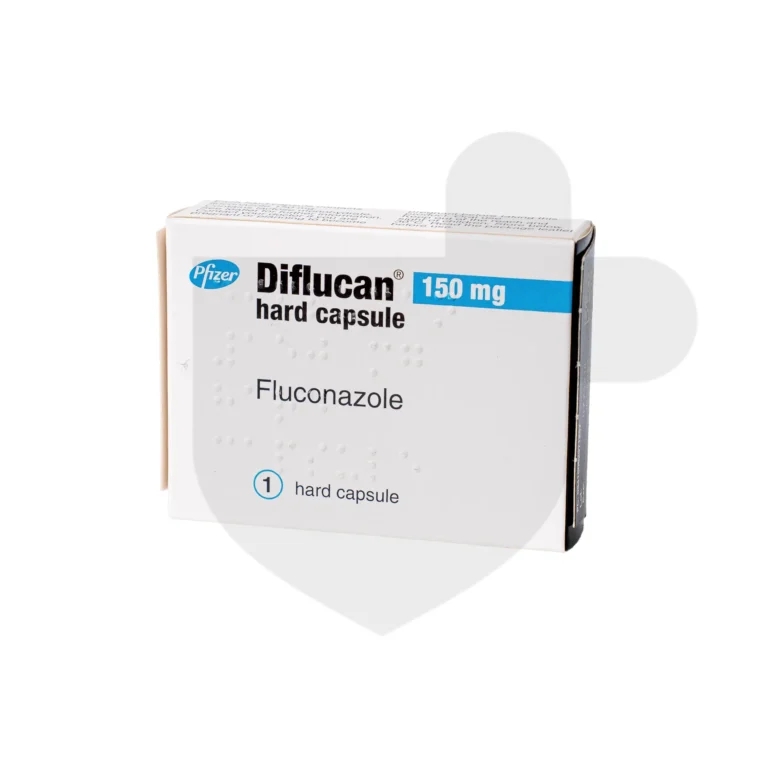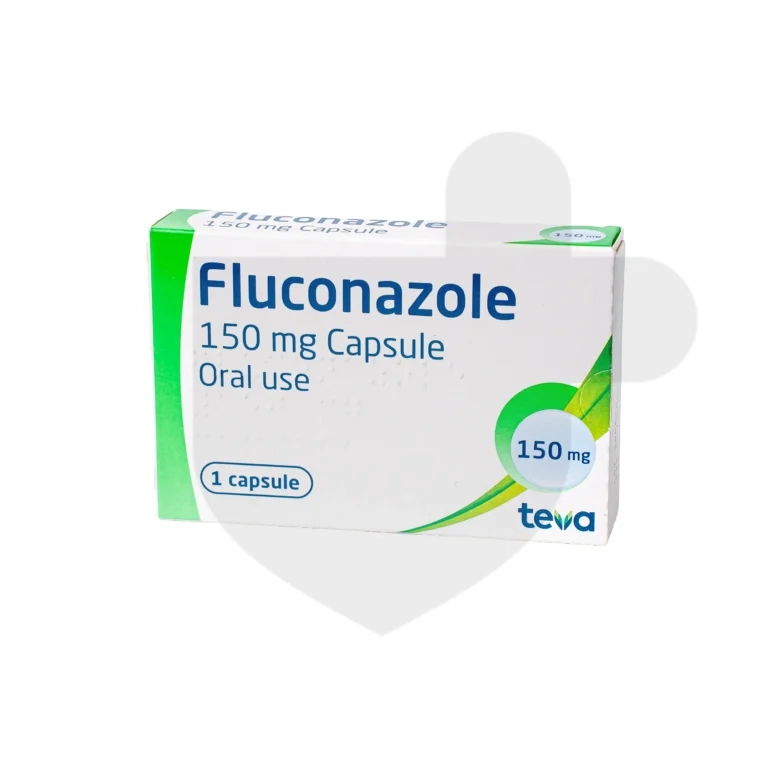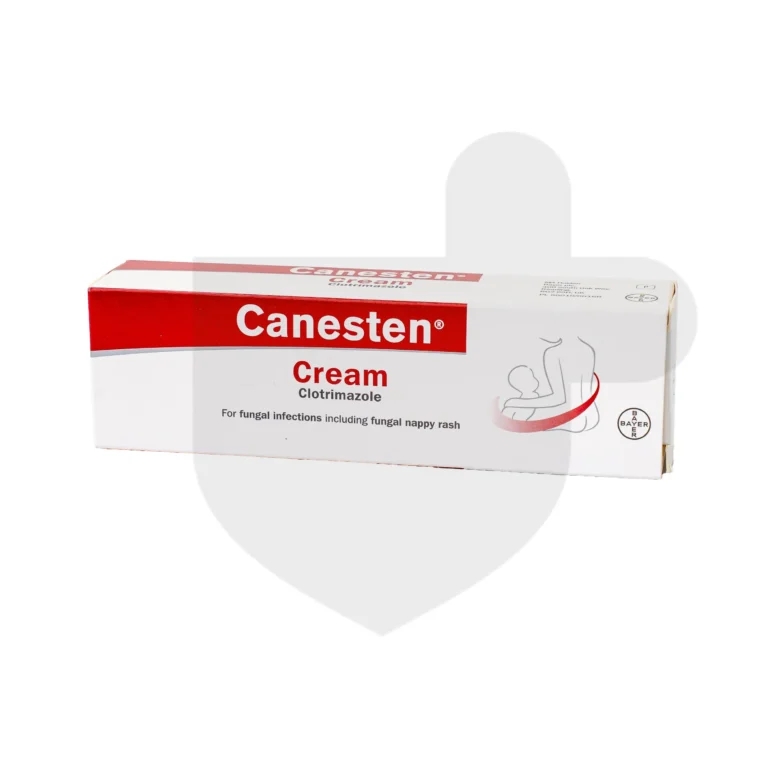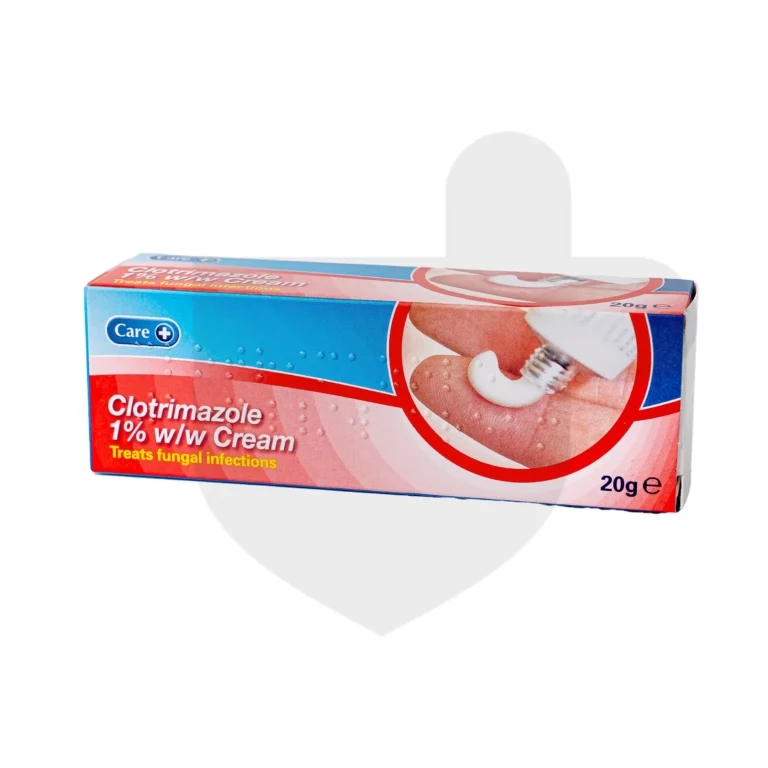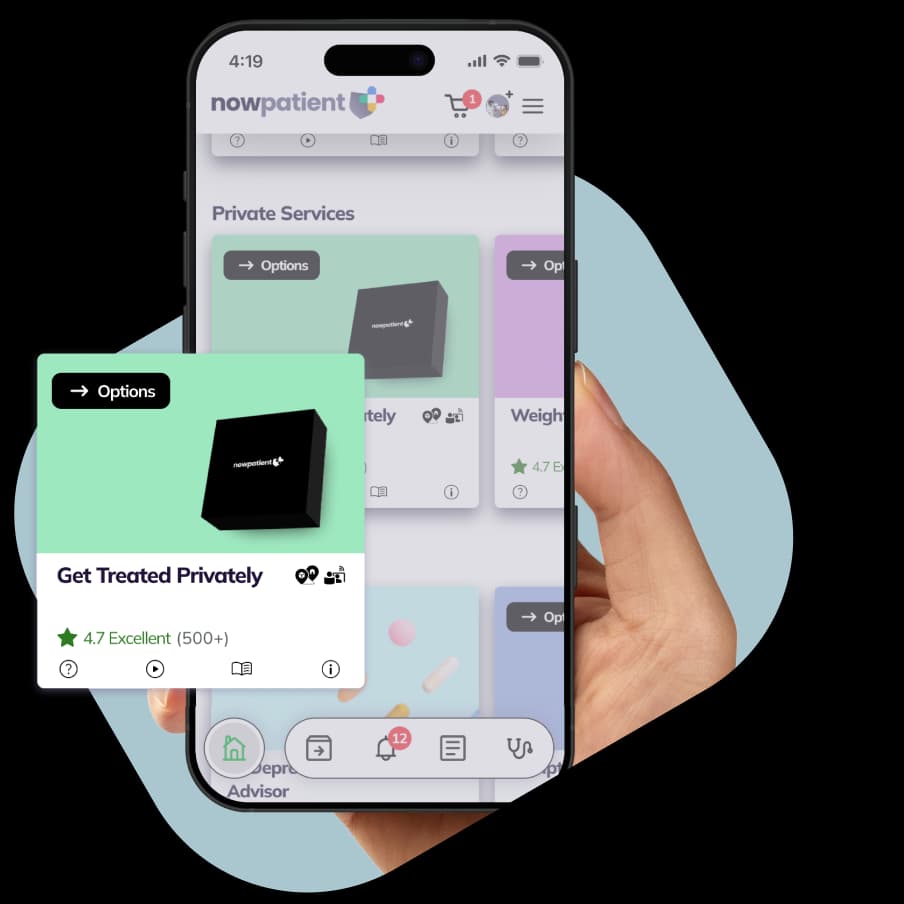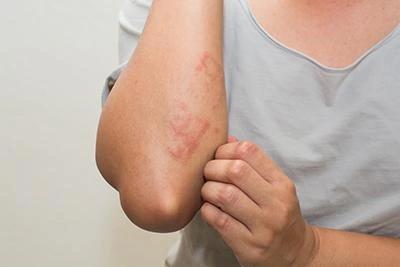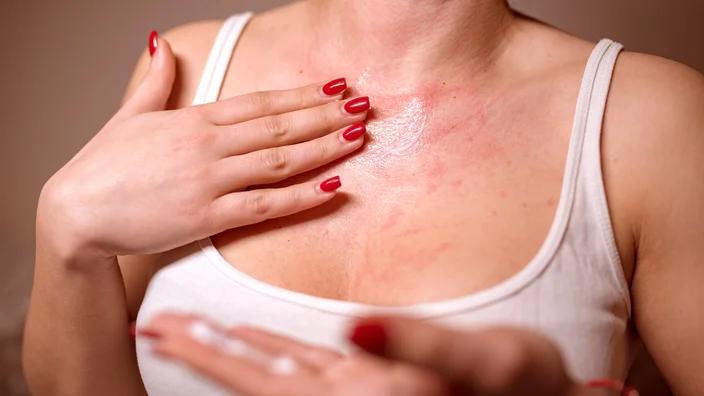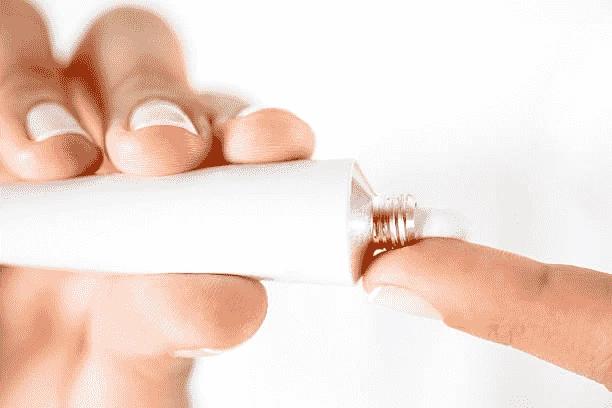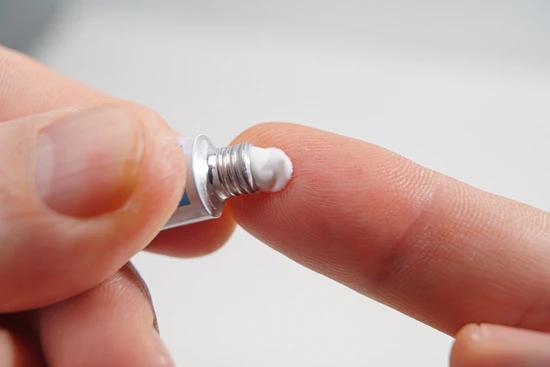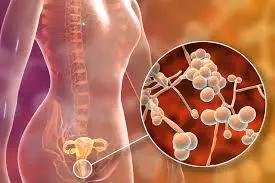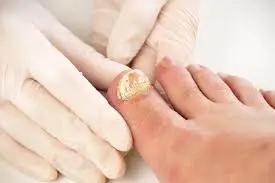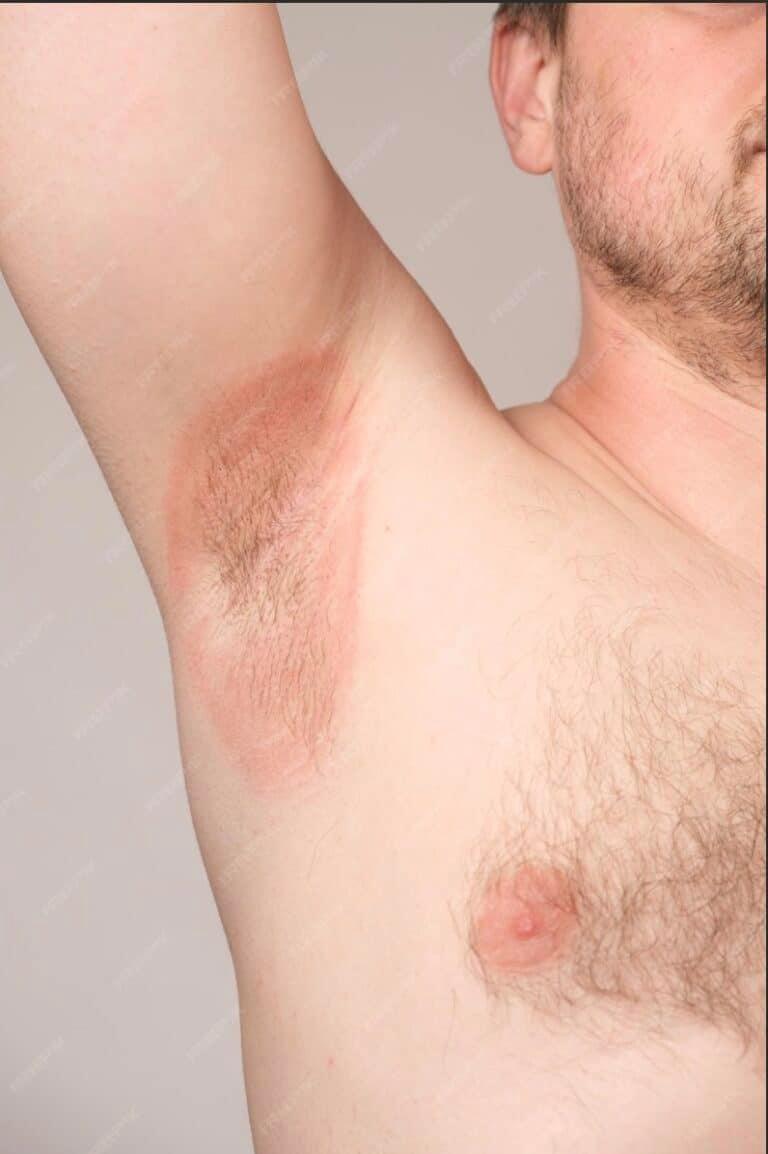Thrush Treatments
* Includes Free Private Prescription & Consultation.
† Applies to UK only.
START YOUR TREATMENT TODAY
Available Treatments for Thrush
SAFE PRESCRIBING
Get Started With the Right Treatment for You
MEDICAL INFORMATION
Thrush Key Facts
Thrush (oral candidiasis), is a fungal infection affecting the mouth and throat. It is most common in infants, older adults, and people with weakened immune systems. Here, we will take a look at the causes, symptoms, and treatment options available for Thrush.
What causes Thrush?
Thrush is caused by the overgrowth of Candida albicans, a type of yeast that lives naturally in the mouth and gastrointestinal tract. Normally, good bacteria in the body and the immune system keep the Candida in check, but certain factors such as a weakened immune system, hormonal changes, or certain medications, can affect this balance, allowing fungus to multiply and cause symptoms.
Thrush can present as pseudomembranous (white patches on the mouth, tongue, or throat) and atrophic form (red patches underneath upper dentures in older adults). Thrush infections are not sexually transmitted infections (STIs) and is not contagious in most cases. Thrush can be caused by:
- Antibiotics, which may kill good bacteria that normally prevent Candida overgrowth
- Inhaled corticosteroids for asthma
- Ill-fitting dentures that cause friction and irritation in the mouth
- A weakened immune system due to HIV/AIDS, diabetes, or cancer
- Chemotherapy or radiation therapy
- Dry mouth
- Smoking, which weakens the immune system and damages the lining in the mouth
Risk factors for Thrush
Risk factors include:
- Those under the age of 6 months are more at risk, as their immune systems are not fully developed
- The elderly, who may have a weakened immune system or age-related changes in their oral health
- Conditions such as HIV/AIDS, cancer, or diabetes which may weaken the immune system
- High blood sugar levels, which can create an environment conducive to Candida growth
- Pregnancy, hormonal contraceptives, or hormonal imbalances
Signs and symptoms of Thrush
Common symptoms of Thrush include:
- White patches that look like cottage cheese, on the tongue, gums, inner cheeks, or throat. These patches cannot be wiped away easily
- Soreness and redness in the mouth and throat
- Cracking or fissures at the corners of the mouth
- Loss of taste or an unpleasant taste
- Difficulty eating or swallowing
- Pain in the affected areas
Symptoms of vaginal Thrush include:
- Vaginal and vulval discomfort
- Thick white vaginal discharge
- Swelling or redness of the vulva or vagina
- Redness, swelling or cracks in the genital skin
- Stinging or burning when urinating or during sex
Some individuals with Thrush may not have any symptoms, while others may have more severe symptoms. Speak to a healthcare professional if you think you have Thrush. Untreated infections can lead to complications.
Diagnosis of Thrush
A healthcare professional will take your medical history and examine your mouth and throat for signs of Thrush. A swab may be taken of the lesion to confirm the presence of Candida. The sample is usually sent to a lab for analysis. In certain cases, additional blood tests may be needed to check for complications or other medical conditions associated with Thrush.
Treatment options for Thrush
Thrush treatment aims to eliminate the fungal infection to relieve symptoms. Treatment will depend on the severity of your infection and any underlying risk factors causing Thrush. Home remedies and self-measures may be sufficient for the treatment of mild cases of Thrush. These include:
- Salt water mouth rinses to help reduce inflammation and promote healing
- Baking soda mouth rinses
- Probiotic yoghurt to help restore the natural balance of bacteria in the mouth
- Lemon juice acts as an antiseptic and may help fight against the fungus
- Turmeric contains curcumin, an anti-inflammatory and antifungal. Turmeric mouth rinse may help reduce inflammation and stop the growth of fungus in the mouth
- Clove oil has antiseptic and pain-relieving properties
In more severe cases of Thrush, over-the-counter or prescribed antifungals may be used. These are available as topical antifungal creams or sprays, oral lozenges, vaginal pessaries, tablets, oral solutions, or systemic medications that work throughout the body.
Common antifungals include clotrimazole such as Canestan , nystatin, fluconazole such as Diflucan, and miconazole. Duration of treatment will depend on the condition being treated and your response to treatment. Nursing mothers with Thrush may be prescribed antifungal medicines for both themselves and the baby.
Prevention of Thrush
Preventive measures can reduce the risk of developing Thrush. These include:
- Maintaining good oral hygiene
- Avoiding irritants such as, perfumes, bubble baths, or products that irritate the skin and disrupt the natural balance of bacteria
- Keeping the genital area dry and wearing breathable underwear
- Managing conditions such as diabetes or immune deficiencies
- Avoiding unnecessary or prolonged use of antibiotics
- Stopping smoking
- Staying hydrated and using saliva substitutes if necessary for a dry mouth
Thrush in babies and children
Thrush is common in infants and can be passed from mother to baby during childbirth or when breastfeeding. Symptoms may include white patches in the mouth or on the tongue, irritability, and difficulty feeding. Treatment includes oral gels or drops, good hygiene, and sterilising pacifiers and bottle nipples, to prevent reinfection.
Thrush in older adults
Symptoms in older adults include white patches on the tongue or inner cheeks, pain or discomfort when eating, and dry mouth. Treatment includes antifungals. Older adults also need to maintain good oral hygiene and manage any underlying health conditions that may contribute to the development of Thrush.
Complications of Thrush
If left untreated or if the immune system is severely compromised, Thrush can spread to other parts of the body, leading to complications, such as invasive candidiasis, which may affect vital organs.
Recurrent Thrush
Recurrent Thrush is defined as four or more episodes within a year and may require investigation to identify any underlying causes. This may include testing for diabetes or assessing your immune system.
Conclusion
Thrush is a common fungal infection caused by the overgrowth of Candida albicans. With early diagnosis and the right treatment, Thrush can be effectively managed. Speak to your healthcare provider if you think you have Thrush, for an accurate diagnosis and appropriate treatment. Maintain good oral hygiene, manage any underlying health conditions you may have, and take preventive measures to reduce the risk of recurrent Thrush.
Sources
- NHS Thrush
- Clevelandclinic – Thrush
- Mayoclinic – Thrush
- CDC – Thrush
- NHS Inform – Thrush
- Cedars-Sinai – Thrush
Medical Disclaimer
NowPatient has taken all reasonable steps to ensure that all material is factually accurate, complete, and current. However, the knowledge and experience of a qualified healthcare professional should always be sought after instead of using the information on this page. Before taking any drug, you should always speak to your doctor or another qualified healthcare provider.
The information provided here about medications is subject to change and is not meant to include all uses, precautions, warnings, directions, drug interactions, allergic reactions, or negative effects. The absence of warnings or other information for a particular medication does not imply that the medication or medication combination is appropriate for all patients or for all possible purposes.
Related Articles
OUR CUSTOMERS VIEW
What Customers Love About Our Service
We want everyone to be happy and healthy, that’s what keeps us going. Read what some of them have to say about us.
Medicines Experts
Meet Our Medical Team
We are a broad skilled and passionate group of clinicians with experience of operating in health systems in the United Kingdom & United States. Providing excellent care and advice is at the heart of everything we do. You can read more about our medical team by visiting the medical team page or learn more about how we curate content by visiting our editorial process





